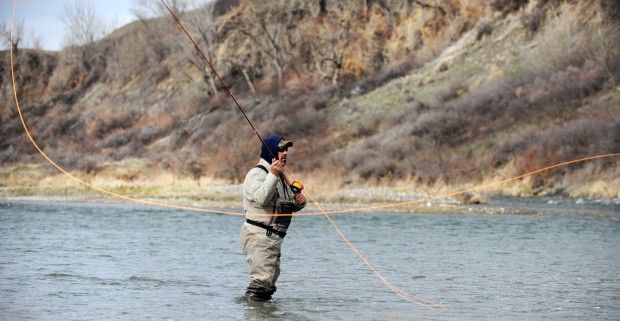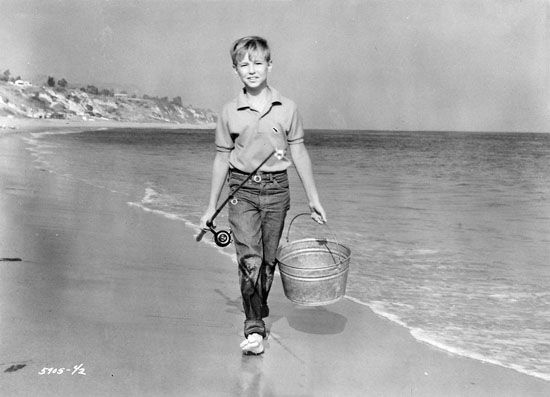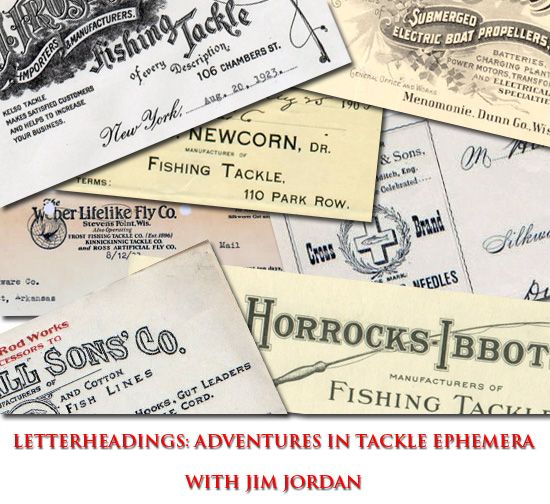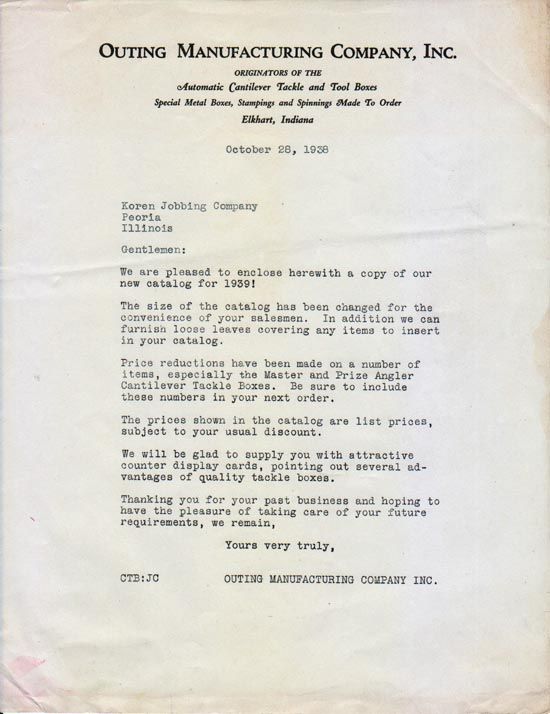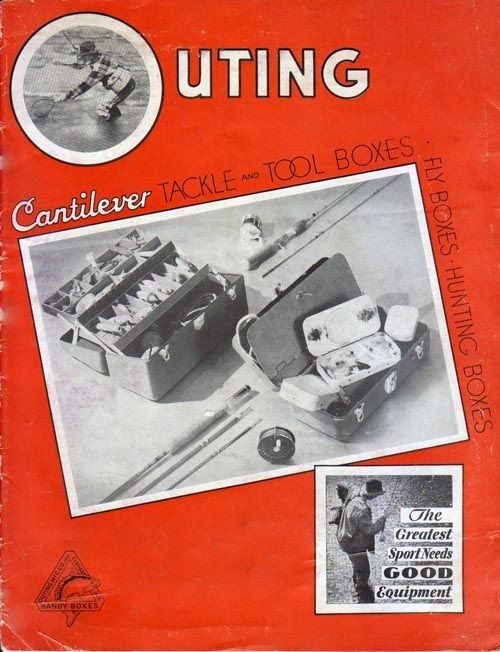This nifty article comes from a 1940s newspaper column and was written by Sid W. Gordon, a noted outdoor writer of the day. It describes rod action in a very interesting way.
UNDERSTANDING THE ACTION OF A ROD
with Sid W. Gordon
If man or boy would understand just what a rod means when we speak of "action" let him look to the overhanging alder on lake or stream. The beginner hears the fisherman talk about the action of his rod.
We pick up a rod and say "this rod has a sweet action." Too often the novice thinks we mean that it acts well in the hand, as far as casting fly or plug is concerned. How it acts with a fish is something that he overlooks.
Let him fish but a little while, lose some fish and save a few, then he will understand just what a rod is supposed to do, that has good action. A sunken log, an uprooted stump will teach him one thing but the branch of an alder, swaying loosely with the current will teach him another.
The moment a fish is hooked he tries to lose that hook. He runs to log or stump, or to any cover in which he can hide and snub that line which tries to drag him to the surface.
The fisherman whose fish "ties him up" in a log or rooted stumps finds nothing but a hookless leader dangling at the end of his line. He who is lucky enough to have the line or leader snagged around a light branch in the water often saves his fish.
There is no action to stump or log, just a dead pull for the fish against a snagged line or leader and the fish is gone. A line or leader around a branch swaying in the stream often results in a saved fish, often the largest fish, which a beginner might have lost otherwise.
The novice may never have fought a good fish in the water. He may not know that the action of a rod, with a fish, consists of its ability to give without breaking but to control the fish at all times. If he points the rod directly at the fish in the water, he loses a good sized fish as surely as if the leader were wrapped around a log.
In this position there is a dead pull, none of the action of the rod is used, the leader breaks and the fish is gone. It would have been far better to have deliberately run the fish into the alders to get snagged on a swaying branch.
Then he would see that every time the fish tugged, the branch would sway with the fish, toward him, for the branch would give a little at each pull slowly swinging back as the pull lessened.
He would understand why so many of us, tangled in the alders, often had time to walk over to the other side of the sreatm, release the line by hand and continue fighting the fish with the rod.
The swinging alder merely did what the beginner fisherman failed to do with his rod, give and take at the right moment. A hooked fish need not be led to net immediately, with light tackle he would be lost almost at once.
A hooked fish must be played, tired out, before he is brought to the net, when using light tackle. It is right then that you use and appreciate the action of a good rod.
Just as the alder gives a little with each pull of the fish, so does the rod if you will hut give it a chance. A "hard hand" snaps a leader but a gentle hand sees that there is a good bow in the rod while playing the fish.
The fish pulls against the spring of the rod and that spring must be maintained against a fighting fish at all times. True, the rod, no matter how onod its action, must be helped by slowly letting out the line when the fish puts too great a bow in the rod.
The line must never be slack, for the fish could throw plug or fly, but it need never be so tight that there is danger of snapping the rod by a heavy fish. The man who reels in his fish quickly so that a small fish dangles up there in the air near the tip soon quits that.
He is no more at fault though then he who, with a good rod, does not use the fine action of the rod to the fullest. We use the rod to kill fish but we must not kill the rod in so doing. He who keeps the rod in a great bow, great tension, against a good fish snaps the tip, breaks a middle joint and that is so unnecessary. Paying out a little line, taking it in when necessary is the reason why our rods last some of us a lifetime. We have found the action of our own particular rod and use it accordingly. -- Dr. Todd





